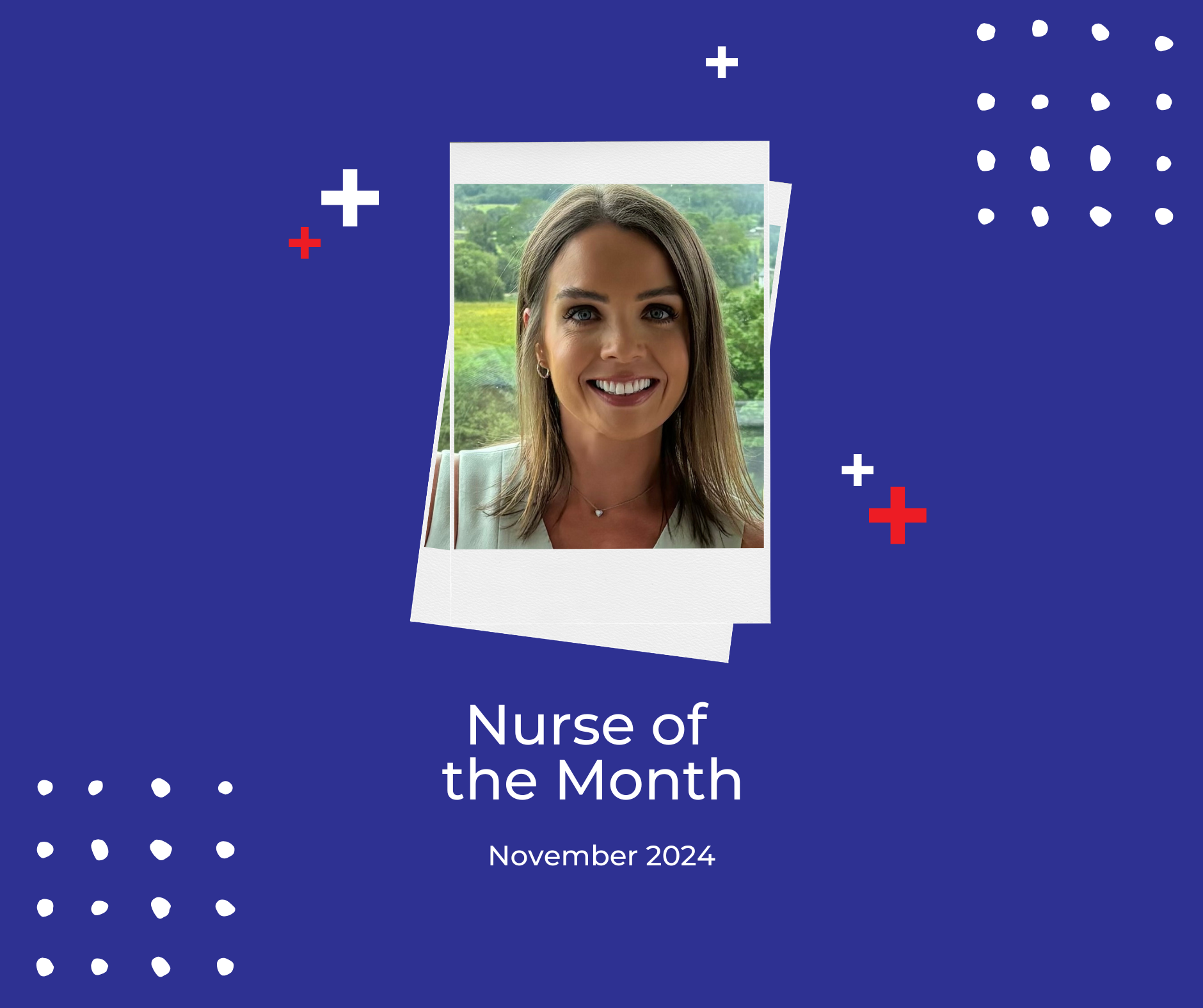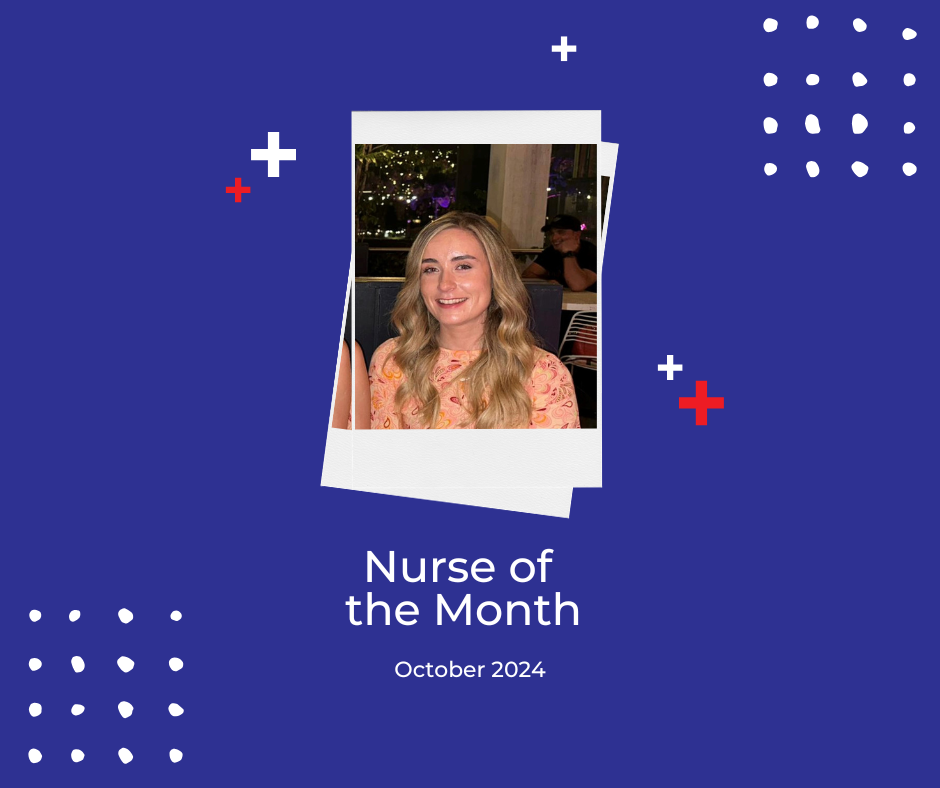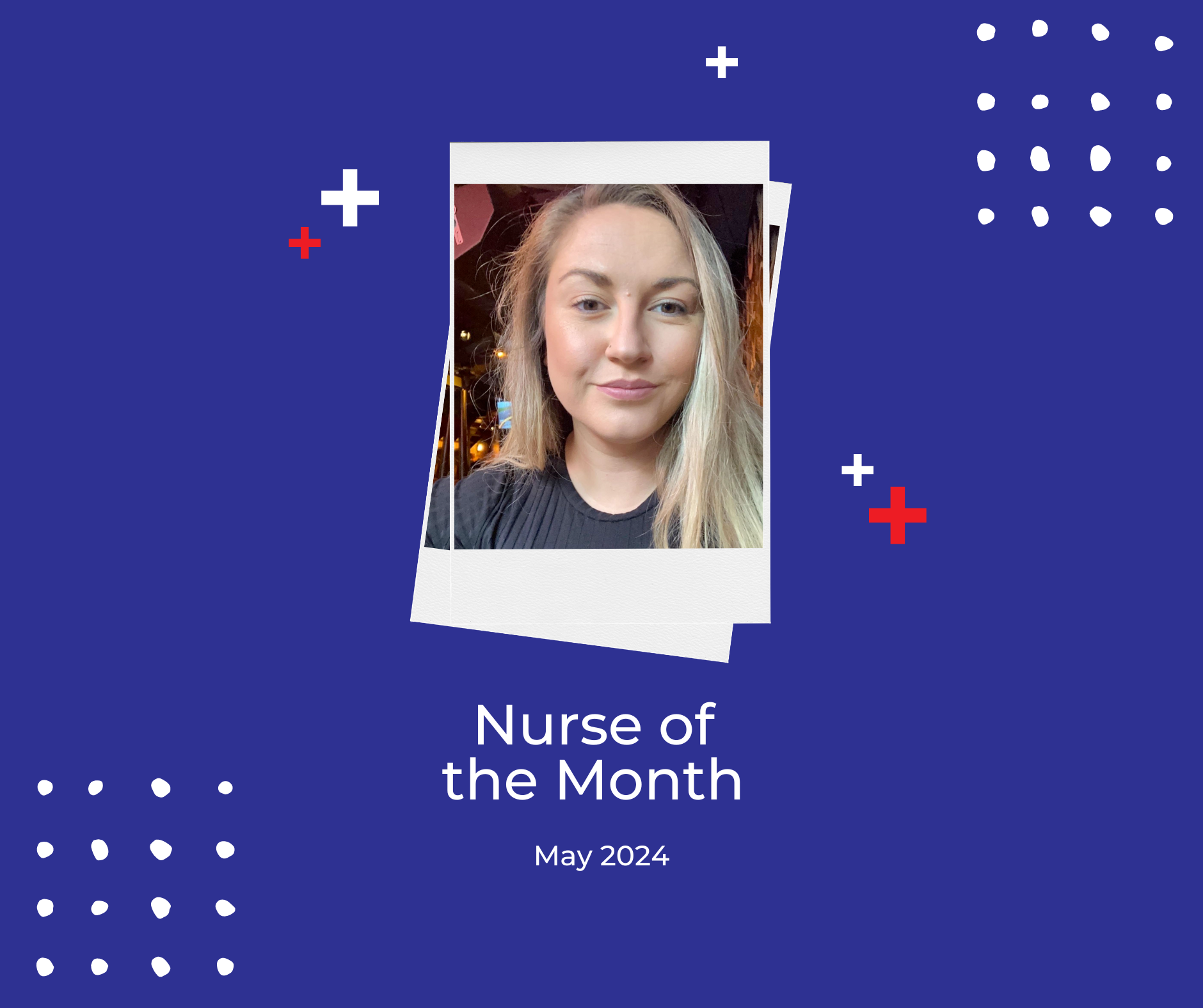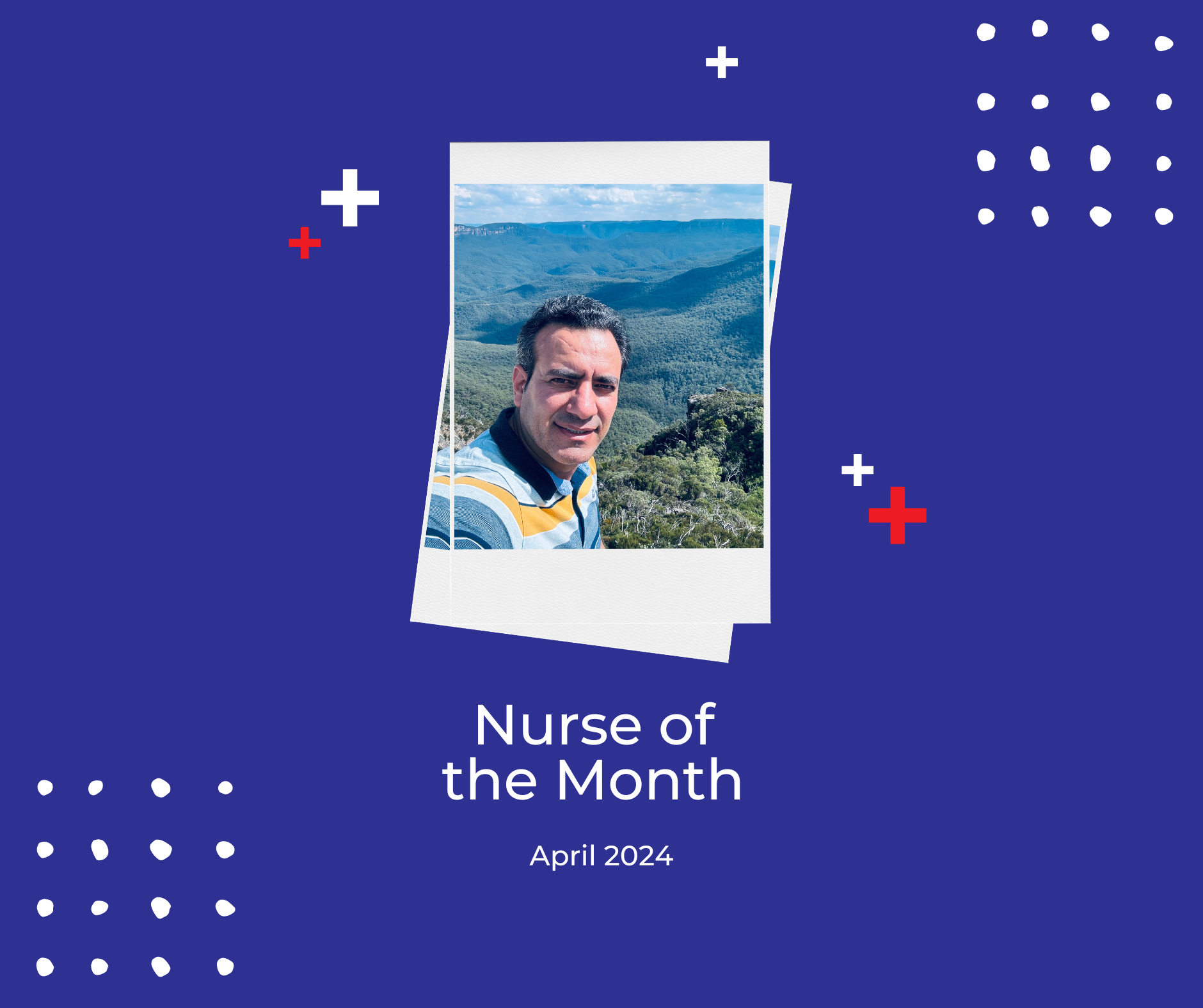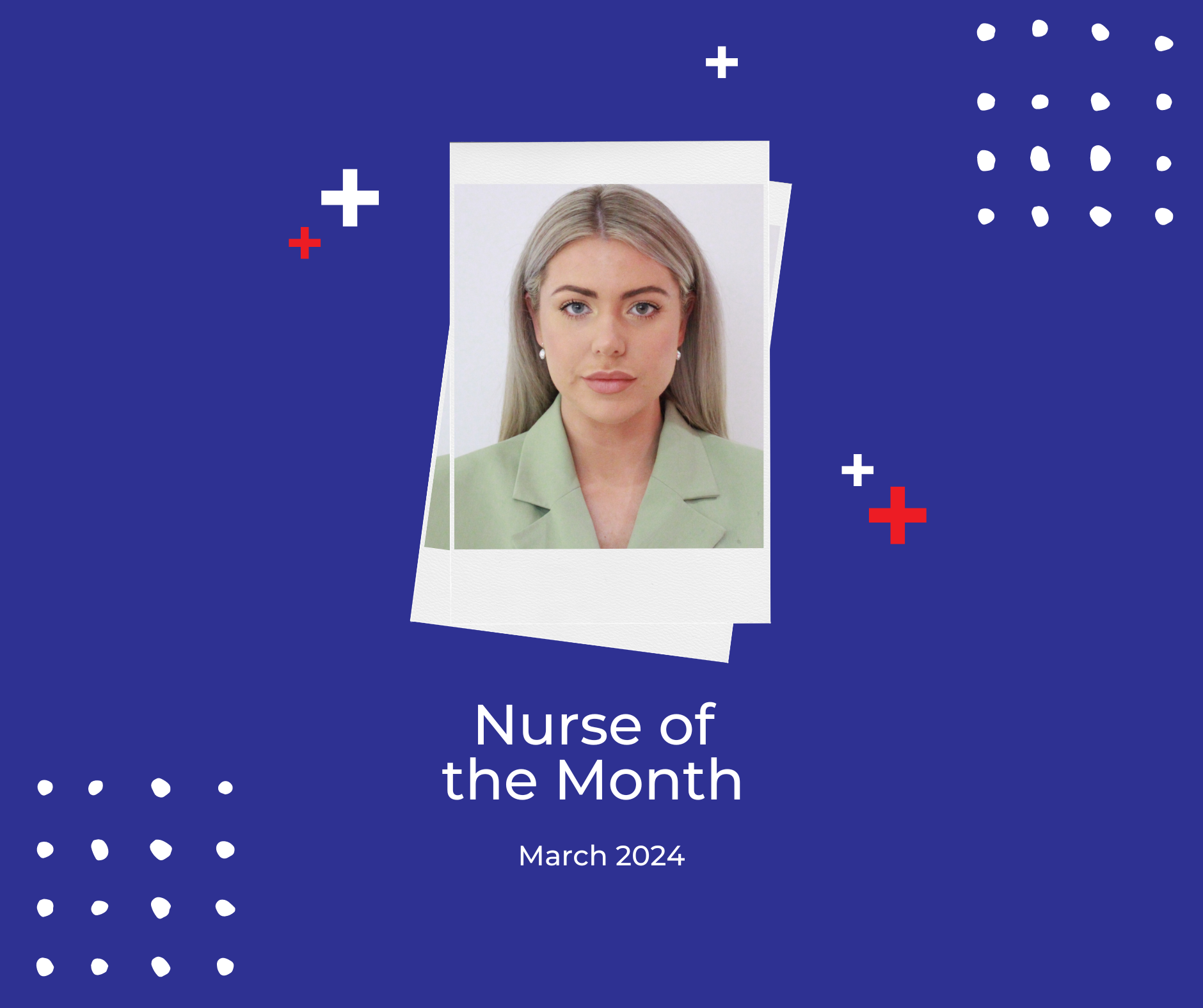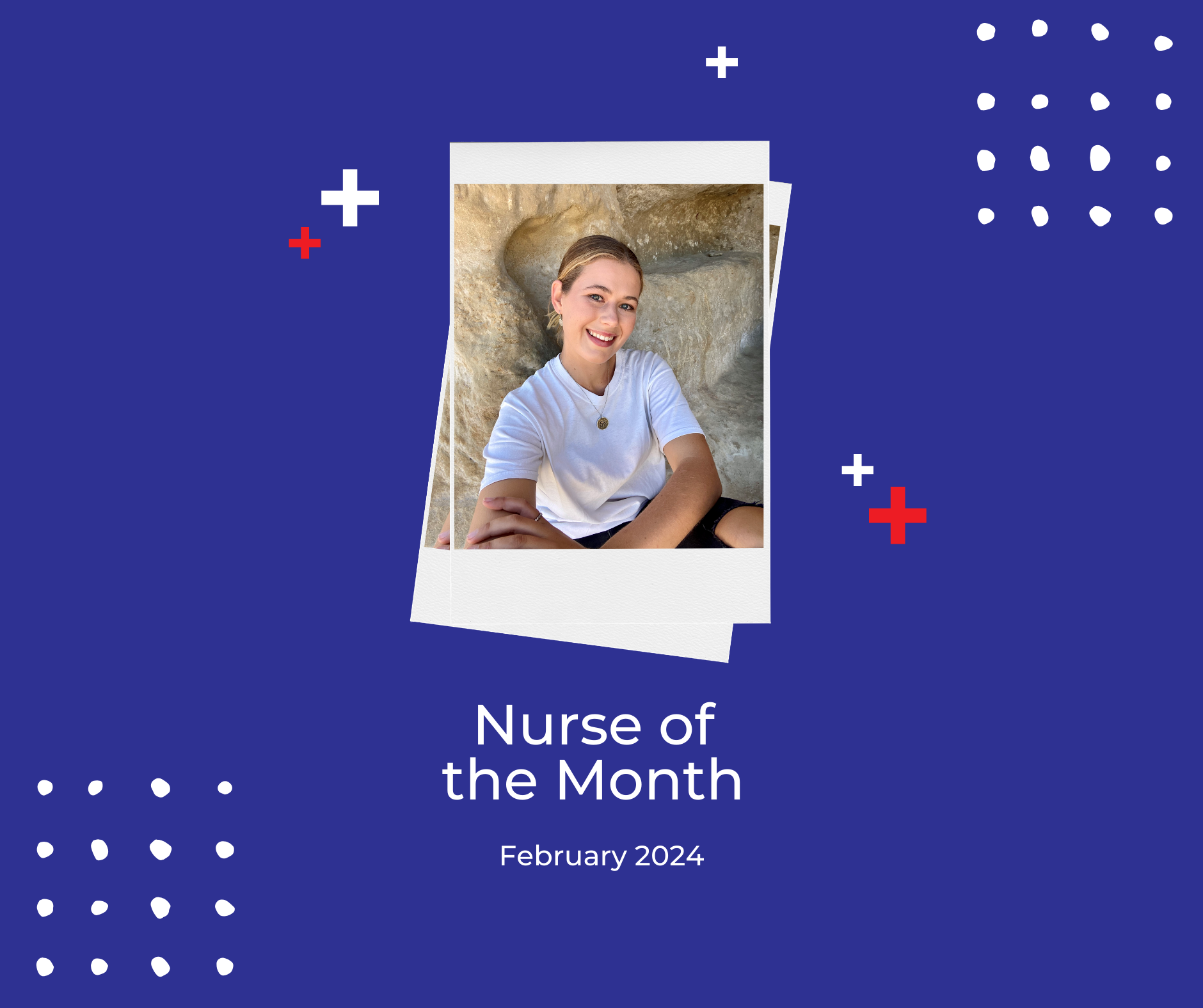10 Tips for Writing a CV Specific to the Nursing/Health Sector
So you’re looking at applying for a new job within the nursing / health sector? And like every candidate you want your curriculum vitae or CV to be on the top of the pile, right? There are a few key strategies and techniques you can easily adopt to ensure your unique application is their favored one. Read on to discover these 10 CV writing tips, allowing your application to really pop!
1. Tailor your CV to the reader
Whether it’s the human resources department or a recruiter, it’s likely whoever posted the job advert desires an applicant who is passionate and best suited to the specific role advertised. They want to feel the applicant has a keen interest in the role and not simply applying for multiple jobs at once.
To show your clear intentions and eagerness for the job, use key words found within the job description. Be specific. Tailor your CV to match each of the criteria they are searching for.
2. Formatting
- Your CV should be logical, clear, concise, legible and easy to follow.
- Don’t waffle. Your CV should be no longer than 2-3 A4 pages
- Fonts such as Sans-serif, Calibri and Cambria are safe and should be utlised throughout your CV. Avoid using cursive fonts.
- Keep your text size between 10-12 and avoid shrinking the text to fit more into the page. Avoid sacrificing readability for length.
- Check your margins. A good rule of thumb is to keep your margins between 1–1.5 inches.
- Use section headings and bullet points which may be bolded, larger or underlined.
- Proofread. Have a friend or colleague take a look at your CV. A clear, error free CV demonstrates professionalism.
3. Ensure your contact details are correct
Take the time to check your contact details thoroughly. Name, email address, home address and phone number. You want to be easily contactable if necessary. Some nurses take the liberty of adding their AHPRA registration number under this section too.
In regards to your email address, ensure it’s personal and not the one you used in high school such as “ilovelionking@hotmail.com.” If this sounds like you, creating a gmail account or similar is the first step to professionalism.
You don’t need to include your gender, age or profile picture.
4. Start with a professional summary
Immediately after your name and contact details open your CV with a short paragraph about yourself. Why should they hire you? Remember first impressions can go a long way. This paragraph should be specifically tailored to the job you are applying for.
In 50-100 words describe how your personal qualities and strengths, along with how your career history and experience, aligns perfectly with the job offered. Feel free to describe what you're passionate about then conclude with what you're looking for in your career.
When using what I call buzzwords and phrases like compassionate, caring, hardworking, professional and working well as part of a team, just make sure you are using them in a genuine manner and not simply “stuffing” them inside each sentence. Using specific examples can be a helpful way to give meaning and context.
5. List your employment history and experience
Starting with your most recent employment, list the job title, name of employer and relevant dates. Then using a series of dot points highlight your main nursing duties and responsibilities, skills and achievements undertaken whilst in these positions. Try and tailor these again to the job you are applying for if there are any similarities.
It can seem overwhelming to list everything you’ve achieved in these past jobs so aim to prioritise the most relevant and impressive.
Try and focus on the last 10 years of your employment history. If you deem your experience prior to this being relevant to this specific job, feel free to write a short paragraph summarizing this.
If you have a lack of experience as you’re new to the nursing profession, list the details about your nursing placements you did throughout university. Remember you’re applying for a nursing job so you can skip the part about your summer job at the bar.
6. Demonstrate your key skills and achievements
Next, using 4-6 bullet points document your clinical skills, competencies, qualifications and notable achievements. If you are competent with triage, able to mechanically ventilate a patient or have expertise in wound care, then list them! If you have the specific skills likely needed for the job as listed in the job advert these should be included. If possible, use numbers to describe your achievements such as you were able to improve staff efficiency by 15% through changes made in the staffing schedule.
7. Nursing Specific Professional Development
- Now is your moment to shine. Using a series of dots points, write in chronological order, with dates, specific professional development activities you have undertaken. These could include:
- Nursing specific short courses
- Study days attended
- Volunteering opportunities
- Membership to professional organisations or networks
- Articles published
You don’t need to go into detail about what the course was about. Simply document the title, the date and move on.
8. Nursing Specific Awards
If you have ever been nominated or awarded for a specific nursing award / certificate, this is impressive and should be included if you deem it relevant to the job you are applying for.
9. Additional information
If you have space, feel free to add additional information such as if you speak a second language, have advanced IT skills and details of your LinkedIn account. If the job you’re applying for requires you to have a specific drivers licence, such as rural or remote nursing, include this information. Otherwise it is probably not necessary.
10. Referees
Add 1-2 referees at the end of your CV, ensuring you have firstly asked their permission to be listed. At least one of these referees should be your senior such as a manager or supervisor. Try and avoid stating, “referees available upon request” unless it is a sensitive situation.
In summary, before you press publish and send off your CV to the HR department or the recruiter, ask yourself the following;
- Is my CV concise, fitting nicely on 2-3 pages with size 10-12 font?
- Have I tailored my CV specific to the job I am applying for by using examples to showcase my uniqueness?
- Have I highlighted my strengths through providing specific examples of the skills I have?
- Have I been truthful in portraying my skills and expertise or have I exaggerated my previous experience?
Best of luck.
Emma Smith Registered Nurse Co-founder of The Other Shift
